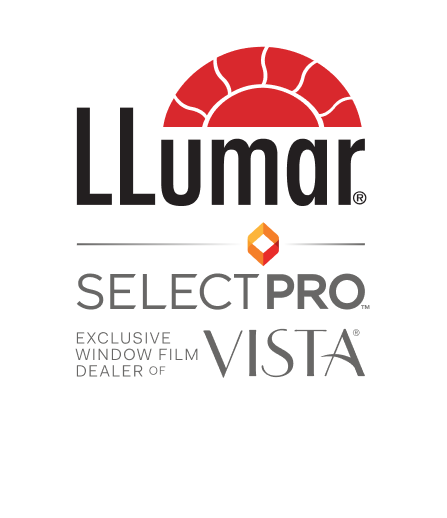
Different types of rays come from ultraviolet (UV) radiation, a form of electromagnetic energy. You've probably heard about UVA and UVB rays because they affect your skin. This article will help you understand how to minimize your risk and limit UV damage.
Understanding UV Rays and Radiation
UV radiation comes from natural and artificial sources. Sunlight is the most common natural source. Tanning beds, lasers, and black lights are artificial sources. Of these, the sun is the most significant. In order of strength, UVA, UVB, and UVC cause sunburn of increasing severity. They can also contribute to premature aging and skin cancer.
UV Ray Strength Depends on Environmental Factors
Seasonal Changes - The season is a critical factor in the power of UV rays. Spring and summer create the highest UV exposure because the sun is at a higher angle. You experience UV effects during fall and winter, but they are not as powerful.
Time of Day - UV exposure is highest between 10 a.m. and 4 p.m. because the sun’s rays don’t have to travel as far during this window, making them more powerful. Window UV film can help with daytime exposures, as can mini blinds windows.
Geographical Factors - Location is among the geographical factors affecting the strength of UV rays—areas located near or on the equator experience the highest UV exposure. UV travels less distance to the ground in these areas. Higher elevations also have stronger UV rays for this reason. Residents in these areas should use UV protection window film.
In Your Home or Office
- Add UV film for window - a UV film window is an effective way to filter out harmful rays without blocking the light entirely
- Add mini-blinds-windows - highly effective although it obscures the view
- Add UV film for windows - UV blocking film for windows can stop a high percentage of harmful rays
- Avoid using sunlamps and tanning beds
Other Protective Films
Other multifunction films can protect your home. Solar control window film is an example. Solar window film blocks UV rays and reduces glare. Window solar film can even improve your home's energy efficiency. Looking like window tinting, solar film for home windows can increase comfort inside and your home's looks outside.
Exterior solar screens fit into panels of your windows, blocking up to 90% of UV but only 15% of the visibility. Heat control window film blocks UV, cuts glare and heat, and is easy to install.
Finally, you can consider tinting residential windows, which will increase your home's energy efficiency and can block UV rays. Commercial window tint is readily available in many types.
Call the UV Film Experts for Home Coverage
Nearly 50 percent of UVA rays will penetrate your glass, exposing you and your family to these harmful rays. Blocking or filtering the sun’s harmful rays is a highly effective way to protect yourself and your home. Window film is highly effective at blocking 99 percent or more of harmful UV rays.
Protect your home and family against harmful UV rays with help from the experts at Atlantic Sun Control. Call 703-687-0154.

